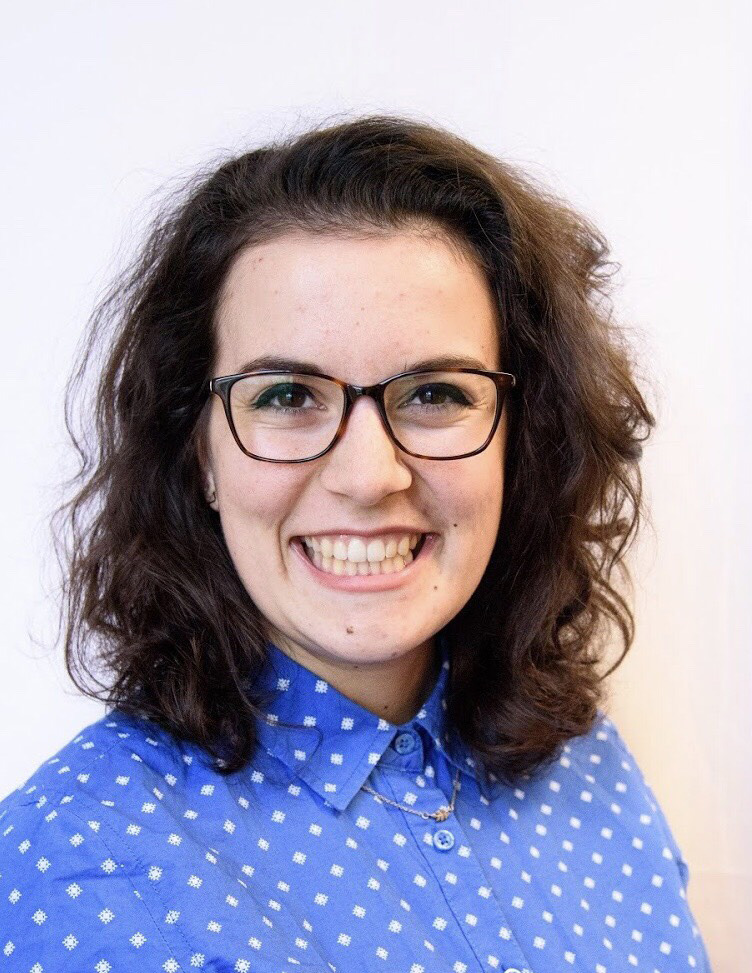Out of the three of us children, I’m the only one my parents didn’t handpick. From the moment my siblings entered the family, it was clear that our paths would never truly be one and the same. Not only am I the only biological child of my parents, but I am the only white one as well.
In no way am I trying to erase the feelings and questions that adopted people experience. Rather, I acknowledge that there are many things that I can’t understand — this is simply part of my own perspective.
I sometimes wish that we were more similar, my brother, sister and I. Fresh into my 20’s, I take my place as the eldest child, trailed by 16-year-old Aaron and 14-year-old Natalie. I want to be the leader and show them how things are done! But of course, no sibling wants to be the carbon copy of the others.
Besides, even if the age gap between us was smaller, I still couldn’t teach them everything. My sister’s Afro-Latina curls do not adhere to the standards of my hair care. My brother’s Guatemalan skin does not need the continuous coating of sunscreen like mine requires at the beach. I can pass along hand-me-downs, recommend a list of my favorite lotions and shampoos, but my needs are not always theirs.
This realization was a hard pill to swallow. As much as I crave the bonds I see siblings sharing, I also know that Aaron and Natalie share a lot more traits with each other than with me.
Both of them can have quick tempers, eager to argue and reluctant to admit defeat. They struggle to learn within the bounds of conventional teaching styles, which nudged my street smart brother into public school after my private alma mater slashed the special ed program. They share the common experiences of being raised in a family other than the one they were born into.
And they relate in being people of color in a mostly white space.
Even when we were little, they caught the judgmental eye of the occasional stranger who desperately grasped the belief that my family, like a load of laundry, should not mix whites and colors. In those times I wished we all looked the same, if only so that my baby brother and sister could undoubtedly know that we were a team.
What pains me most is that I know this struggle is going to continue for the foreseeable future and I can’t protect my family.
What can I do when the president of this country hurdles divisive, poisonous jabs at Aaron’s people, calling them criminals or worse? How can I shelter Natalie when people that look like her are the current focus of police brutality? How can I convince them that I am on their team when I am able to avoid many of the hurdles that they are forced to jump? How can I be the best ally to them right now?
A lot of the time I don’t know.
But I will be patient. I will listen to their stories and ask what they want me to do. I will keep gently reminding them that I love them when many in our country won’t. Even when I can’t understand all that they are feeling, I will still try to protect them like any big sister would: with a love that not even the government can fracture.



